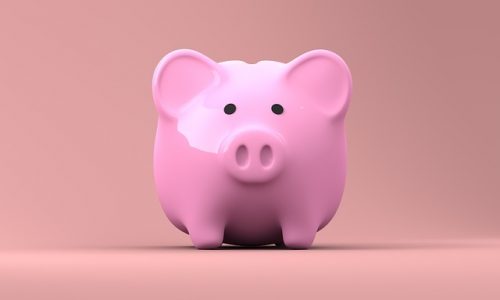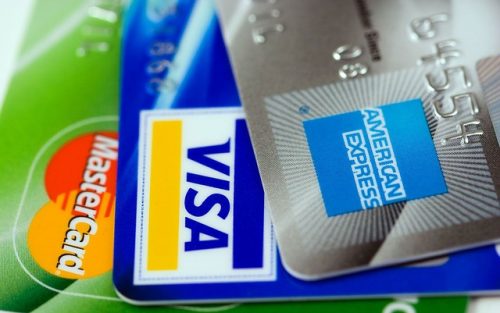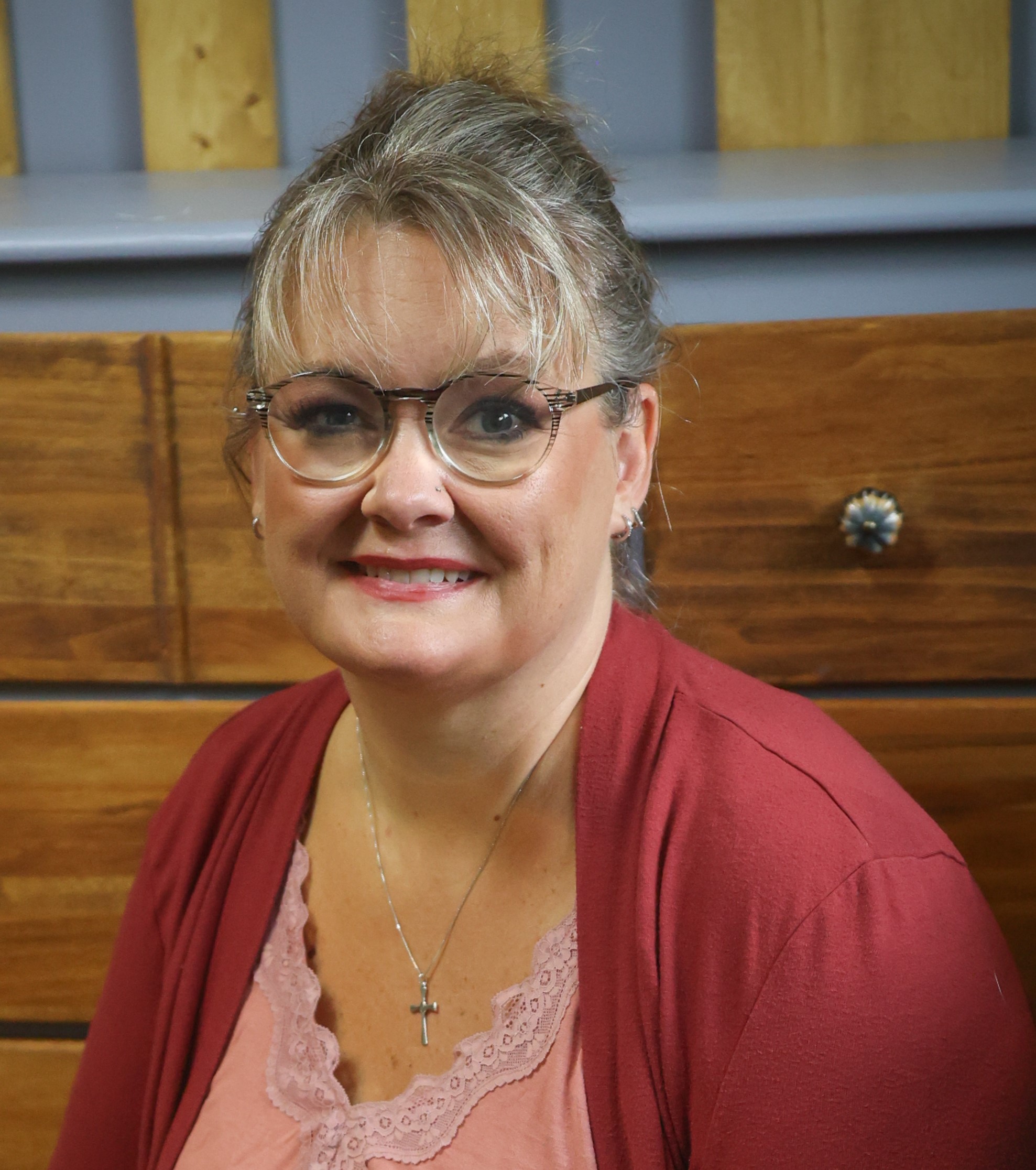by Hope
After I spent of the bulk of last year getting back on my feet and establishing a healthy savings account, I began to diligently tackle my debt again. Creating mini-plans really worked for me.
You can see those plans here:
Now it’s time for a new plan.
Plan #5 Details
I appreciate your comments on my recent debt update. I felt really good about where I am right now after that update. Posting here so regularly is really helping keep me accountable and on track!
With that being said, I am ready to focus on my next mini-plan. It is two-fold.
Pay off Self Lender
With a balance due of just $291, one good month of income will have it settled. And because Self Lender is essentially a savings account, I will receive a minimum of $1,100 back.
This will become my emergency fund. Starting me off on the right foot for this chapter in my debt payoff journey.

Hopefully, I can pay this off in July and be done with it. Because this is such a small, but large step at the same time, I am making this plan twofold.
Pay off My Credit Card
The big part of my plan is to pay off my credit card. Its balance has hovered right around $5,000 for years now.
For most the past year, I have paid it off every month, but then turned around and used it to pay monthly obligations, buy groceries, etc. This way I paid little to no interest, but never really got out from under the debt.
My plan for paying it off is this:
- Emergency fund of $1,100 established, so I will not focus on any savings right now.
- Pay minimum on all other debts and cover monthly obligations. (Except for the extra $92 I pay every month towards the car.)
- Anything extra will go towards the credit card.
- And probably, most importantly, I will stop using the credit card EXCEPT for gas. (Because of the abundance of times my checking account has been cleared out, I use the credit card for gas.)

Because my income fluctuates greatly these days, this process could takes anywhere from a couple of months to several months. All depends on the number of projects I can pick up and complete.
Tell me, what am I missing? Are there other suggestions you would make for this plan?

Hope is a creative, solutions-focused business manager helping clients grow their business and work more efficiently by leveraging expertise in project management, digital marketing, & tech solutions. She’s recently become an empty nester as her 5 foster/adoptive kids have spread their wings. She lives with her 3 dogs in a small town in NE Georgia and prefers the mountains to the beaches any day. She struggles with the travel bug and is doing her best to help each of her kids as their finish schooling and become independent (but it’s hard!) She has run her own consulting company for almost twenty years! Hope began sharing her journey with the BAD community in the Spring of 2015 and feels like she has finally in a place to really focus on making wise financial decisions.


I’m confused because you’ve been saying you’ve been “paying off” your credit card every month but it has a $5,000 balance? When I hear paying it off, I’m assuming a $0 balance
I think she is paying of the amout that she charges each month but never additional so the balance stays at the $5000 level. Basically just treading water.
Exactly – so not “paying off”
I found that misleading as well.
Yes, I was margann34 said “treading water” kind of using my credit card as a rolling line of credit. However, with the job loss in February I could no longer keep paying it off every month so did have to pay a little interest the last couple of months.
But no, it never truly gets to $0 balance because I turned around and used it again immediately.
17% on $5,000 isnt “a little interest” I’m not here to argue with you, just showing you how phrases like this are misleading to readings but also not honest to yourself
You are right when you consider everything else. Just not used to thinking of $60 as a substantial cost, but when it goes on for a few months, it definitely adds up.
If it were me…I would pay down/off the debts that I was actually paying interest on rather the credit card that is paid off in full each month and accruing no interest. So long as you are actually paying the entire balance each month, it’s basically a free loan every month. Why prioritize paying this off rather than ridding yourself of $5,000 debt that you’re paying interest on? Once everything else is zero balance, then by all means rid yourself of the cycle of charging and paying off.
That’s my question – I dont think it iS being paid off every month – and it has a 17% interest rate
I think what she means is she is paying off the balance when the bill is due, but then uses it again each month to pay bills and expenses. Thus, not paying interest, but running up the balance again right away. But maybe I’m wrong?
But to the tune of $5,000 every month? That wouldnt make sense
If she pays all of her expenses on it it could. Hope, if you are maintaining a $5,000 balance at 17 percent interest each month…then disregard everything I said earlier. Pay this off as your first priority after the emergency fund. Sorry if I misunderstood.
I am pretty sure she said that once she lost her job that she was forced to pay minimum versus able to cover in full. Her 36 dollar minimum isn’t even covering the interest on a $5000 balance
You are correct. While I am still using it as a rolling line of credit, I am not able to pay the full $5,000 off every month. I want to get out of this habit and get it down to a $0 balance, a truly $0 balance.
Went back to look at your latest debt report. The $5,000 you use to pay off the credit card would completely erase the Collections 3 debt…freeing up $245 a month in your budget and eliminating interest at 6.25 percent. Or, it would eliminate the majority of your car loan at 7 percent…maybe inspiring you to eliminate the remaining 1800 and free up the $300 a month spent there.
None of this should be a consideration until your emergency fund is at a VERY healthy level though. That’s job 1 as a sole breadwinner and freelancer.
Agreed, that is why the first part of this plan is completing the pay off of the Self Lender loan and giving myself a $1,100 emergency fund right off the bat. Then moving on to the credit card that has the highest interest rate. And will also give me a bit more peace of mind since my savings account is about depleted.
I asked in another thread, how long does your student loan deferral last now that you are earning again? If possible you should try to pay $85 towards that loan now to at least cover the yearly interest in that loan.
Sorry, I missed that question. The student loan deferment is good for one year. It is good until next March. If all goes well, and thusfar it is, and I stay super focused on debt payoff keeping the minimum emergency fund. HOPEFULLY, the student loans will be my last debt and I will be close to them being my only debt by the end of next year.
I think this sounds like a solid plan. A mini emergency fund is probably fine if you’re anticipating it’ll only be a few months or about year end to pay off the credit card. Any longer than that and I would encourage you to at least have six months to a year of rent in emergency savings.
I think paying the credit card off and then not using it (or using it minimally) makes a lot of sense. I also think the emergency fund makes a lot of sense (and I’d argue it should be bigger–$1100 is a great start, but it’s not even a month’s worth of expenses.)
I’m curious though about whether your unemployment payment ever came through? Back in May you were talking about using it to cover the gap between income and expenses–but it sounds like you now have enough contracted hours to fully cover your monthly expenses. So would it make sense to put some of that into the emergency fund and/or use it for debt?
Also the tax refunds–it sounds like they could be a decent chunk of money. What’s the plan for that? Also curious why it’s taking so long on the federal taxes since it’s more than 2 months past when things were due. I always get my refund back within about 2 weeks so having to wait so long would drive me CRAZY!